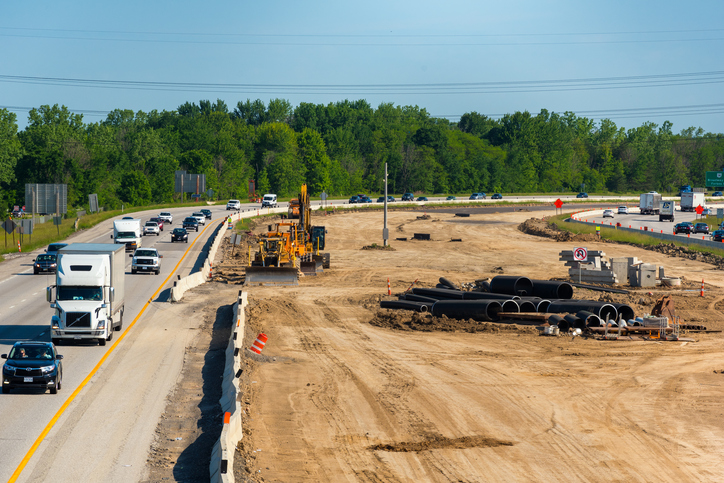
The North Carolina Department of Transportation (NCDOT) is looking to address the issue of capacity-exceeding traffic volumes on a 2.7-mile stretch of Catawba Avenue, as forecasts predict increased traffic levels by 2035.
This stretch, which runs from Sam Furr Road (N.C. 73) northward to Jetton Road in Mecklenburg County, is already operating beyond capacity. Studies show that increased development along the roadway could potentially result in extended travel times, a higher volume of vehicular accidents, and dangerous passing situations. This has prompted the NCDOT to create a series of proposed improvements.
The project will be a continuation of several improvements on Catawba Avenue, between I-77 and Jetton Road, which were originally completed in 2009. NCDOT’s goals for this project are to:
- Improve access between Cornelius and Huntersville
- Increase the number of lanes on Catawba Avenue within the project area
- Provide a better route to I-77, thereby enhancing travel options in the region
N.C. 150 widening
Another significant project under NCDOT is a series of widening improvements along N.C. 150 in Catawba and Iredell counties. Currently in the planning and design stage, the project will serve as a solution to the congestion along a 15-mile stretch of N.C. 150, which starts from Catawba County’s N.C. 16 Bypass heading west of the N.C. 150 interchange in Mooresville.
The most significant components of the proposal are the creation of additional lanes along N.C. 150, as well as enhancements to Mooresville’s existing I-77/N.C. 150 interchange. These improvements are designed to reduce congestion and accommodate current and future traffic volumes.
I-77 toll lanes project
It’s been two years since construction began on the I-77 express toll lanes from Charlotte to Mooresville, arguably the most controversial roadworks project in the region’s recent memory. Many area residents, already displeased with the longer commute times caused by the construction work, continue to be pessimistic about it and remain unconvinced that it will help ease congestion along the corridor.
In a bid to find solutions to what most now agree is a poorly planned and inequitable public-private partnership project, the state decided to form an advisory group late last year. The group, composed of representatives from the NCDOT, the towns and counties along I-77, and local chambers of commerce, has since met twice.
As of February 14, these are the six main policy options that the I-77 Advisory Committee is mulling over:
- Terminate the Comprehensive Agreement and Complete the Express Lanes Project with Current Scope
- Terminate the Comprehensive Agreement and the Express Lanes Project
- Negotiate modifications to the project scope and/or terms of the contract
- Work with CRTPO to identify and advance additional improvements and programs
- Complete the Project with Current Scope and then Terminate the Contract and Take Over Operations
- Complete the Project as a Non-Tolled Facility and Terminate the Contract
Finding a solution is going to be a challenge as the committee will have to weigh numerous factors. The committee will continue to meet until April – meetings will be livestreamed and space will also be made available to members of the public.


